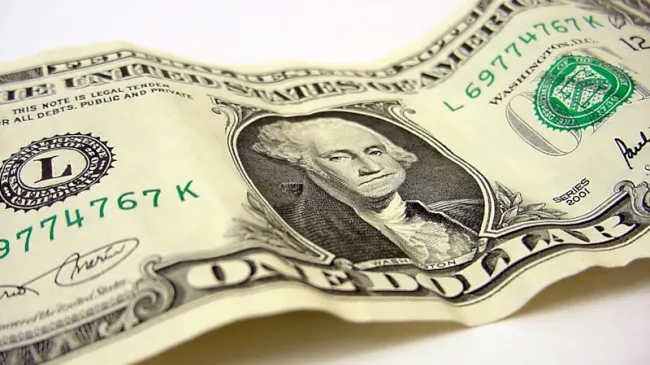The Real Scandal of Enron
Far from an example of a market failure, Enron's saga shows that firms that invest too much in politics can easily become complacent in the face of changing market conditions. In economics, this is called government failure, and we can blame the growing requirement for firms to divert resources to grease palms in Washington as a necessary business investment for its occurrence.









